Products you buy through our links may earn us a commission. Oh, and if something's out of stock, oops, it was there (and all prices were accurate) at time of publication.
Reading is self-care, and if that book can also teach you strategies to feel good and live better? Sounds like self-care times two.
We've been busy combing through the latest health, wellness, and self-help books so we could bring you the must-reads. Don’t worry, we’ll update this list as more are published. Expect: wisdom, laughs, 'aha' moments, and science-backed advice — with no gimmicks, restrictive guidelines, or unvetted hype.
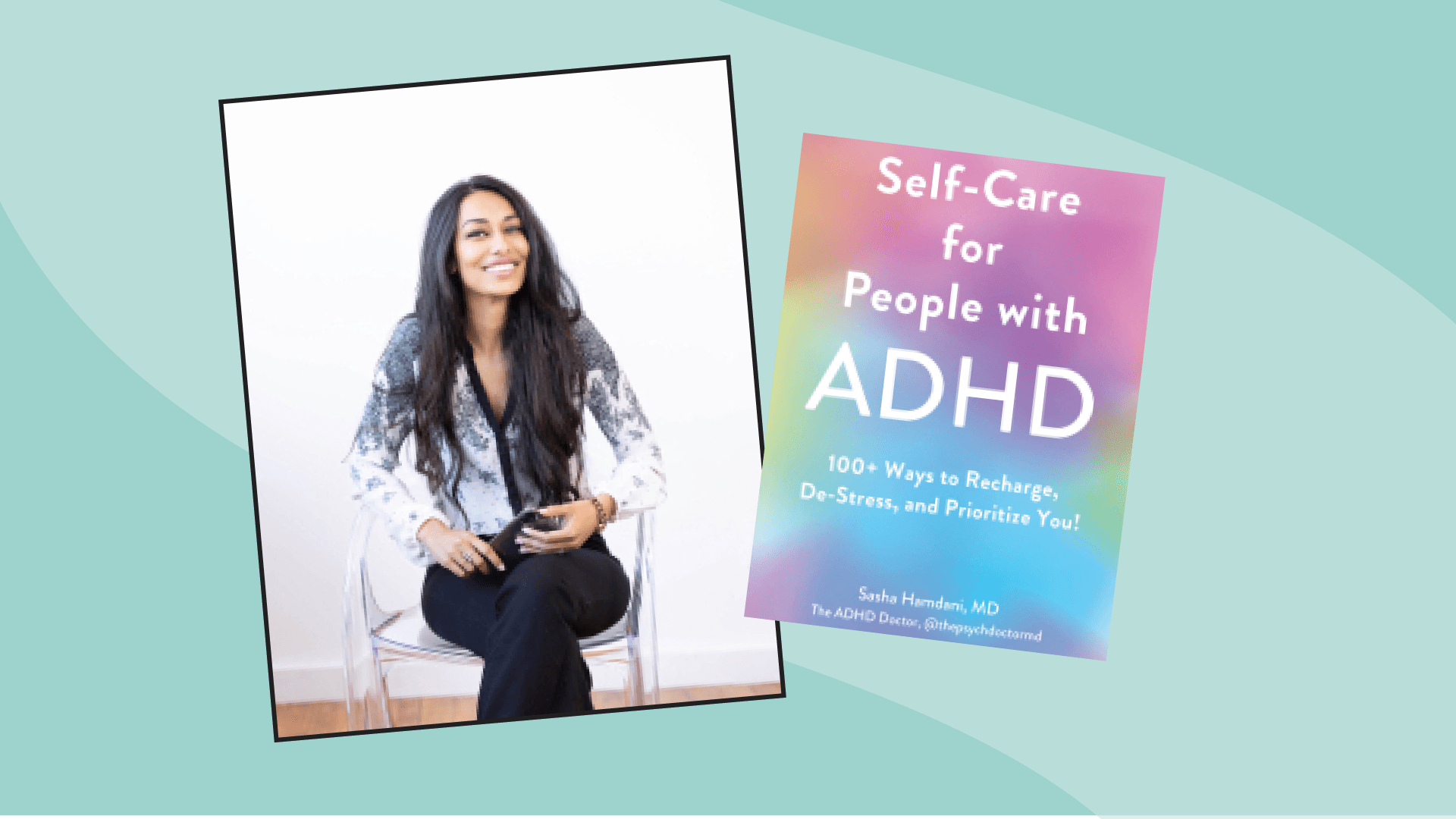
“Self-Care for People With ADHD: 100+ Ways to Recharge, De-Stress, and Prioritize You!” by Sasha Hamdani
You can tell “Self-Care for People With ADHD” is written by someone who gets *it.* The book is organized into page-long tips all about understanding and honoring a divergent brain — instead of masking ADHD symptoms and ignoring legitimate triggers. The author, Sasha Hamdani, is a psychiatrist with ADHD who’s created a safe space on TikTok with her 850K+ followers. Her book is for anyone who’s watched her videos and thought, ‘I can relate.’
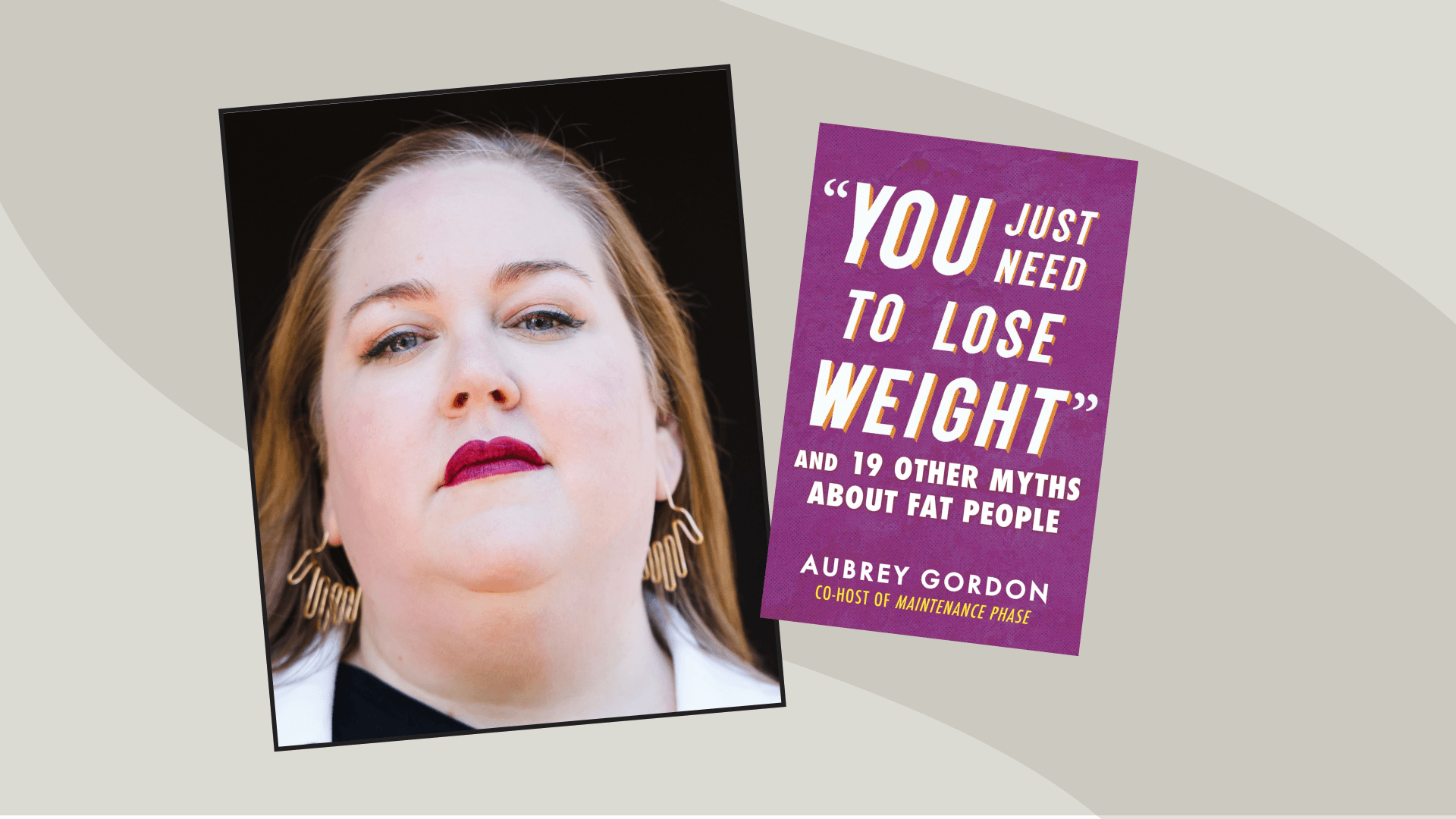
“You Just Need to Lose Weight’ And 19 Other Myths About Fat People” by Aubrey Gordon
If you were ever under the impression that being fat is a choice or just a matter of calories in or out, Aubrey Gordon wants to clear up a few things. The co-host of the popular podcast “Maintenance Phase” draws on reams of research in her new book. She’ll get you thinking about prevalent, under-researched health conditions (like PCOS) that impact weight and all of the data that suggests dieting often leads to weight gain. Required reading for anyone who’s ever been tempted to give — or is so tired of receiving — weight loss advice.

“Drama Free: A Guide to Managing Unhealthy Family Relationships” by Nedra Glover Tawwab
Therapist Nedra Glover Tawwab’s second book is for anyone who needs to hear that “being assertive is not rude” and that “you have everything within yourself to make hard and healthy decisions.” She has your back with actionable steps to help understand and manage (or end) unhealthy family relationships. The popular Instagram therapist’s signature compassionate and clear advice pairs well with a soothing cup of tea and a pen and paper. Because working through dysfunction requires real work.

“Your Brain on Art: How the Arts Transform Us” by Susan Magsamen and Ivy Ross
Magsamen and Ross are on a mission to add art and aesthetics to the list of essential habits for good health, alongside diet and exercise. Their book dives into the field of neuroaesthetics to show how making and experiencing art can benefit your body and brain. For example, one study found that attending art events might extend your life. This is an inspiring guide for anyone who feels like they lost their creative mojo or those who never made it past stick figures. Because “you don’t need to be good at art to reap the benefits of engaging,” say Magsamen and Ross.

“The Wellness Trap: Break Free from Diet Culture, Disinformation, and Dubious Diagnoses and Find Your True Well-Being” by Christy Harrison
Harrison’s analysis of the trillion-dollar global wellness industry is revealing on so many levels. The macro trends she highlights — like anti-vax sentiments — speak to the power of misinformation when it’s dressed up as wellness. At the same time, the book is personal. Harrison says she wrote it for people who “feel unheard or unserved by the conventional health care system” and are “struggling under the pressures of wellness culture” (whether they know it or not).
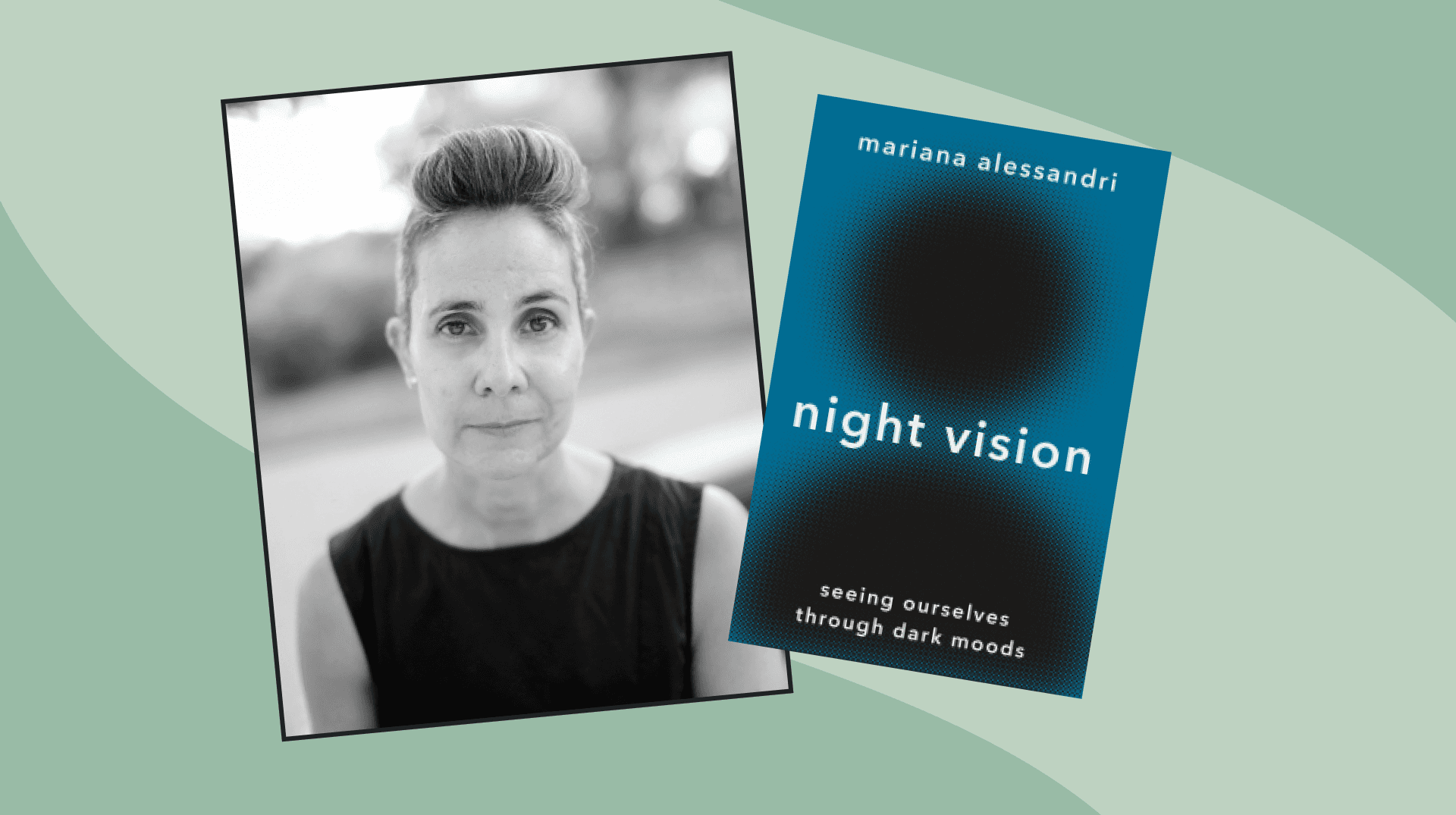
“Night Vision: Seeing Ourselves through Dark Moods” by Mariana Alessandri
There’s plenty of evidence that everyone experiences dark moods, which may help people going through them feel less alone. In “Night Vision,” Alessandri draws on her experiences (she claims to be an “angry person genetically”) and those of like-minded philosophers to make a case against toxic positivity — “self-help books be damned.” She argues that mental states including depression and anger are dignified and beautiful expressions of humanity because “the angry among us, the hurt, the grieving, the depressed or anxious, have every reason to feel broken.” If her points resonate, you may find yourself feeling less shame and blame when ‘stay positive’ just isn’t working.

“Sisterhood Heals: The Transformative Power of Healing in Community” by Joy Harden Bradford
“Sisterhood Heals” leans on Bradford's wisdom of female friendships after more than two decades of working as a psychologist. The book puts into words that “magical thing” that makes friendships between women so special. (Spoiler: The recipe includes “deep belly laughs.”) She provides exercises, such as a “Sisterhood Health Survey,” and scripts, including one on how to approach difficult convos. The goal? To help readers cultivate new friendships and strengthen their existing connections. Expect to leave the book feeling empowered with insight into your relationships and joyful about the immense power of sisterhood.

“Random Acts of Medicine” by Anupam B. Jena, MD, PhD and Christopher Worsham, MD
If you think data is dry, think again. With humor and levity, Jena and Worsham demonstrate how hidden statistics are everywhere and how chance — where you live, the month you were born, or what you do for a living — impacts your health. And get ready to feel validated as the book illustrates just how much “our health care system is set up for patients to potentially fall victim to chance,” according to the authors in an interview. By the way, you don’t have to understand medical jargon to enjoy the book — the authors explain their research so that everyday health nerds like us can appreciate the results.
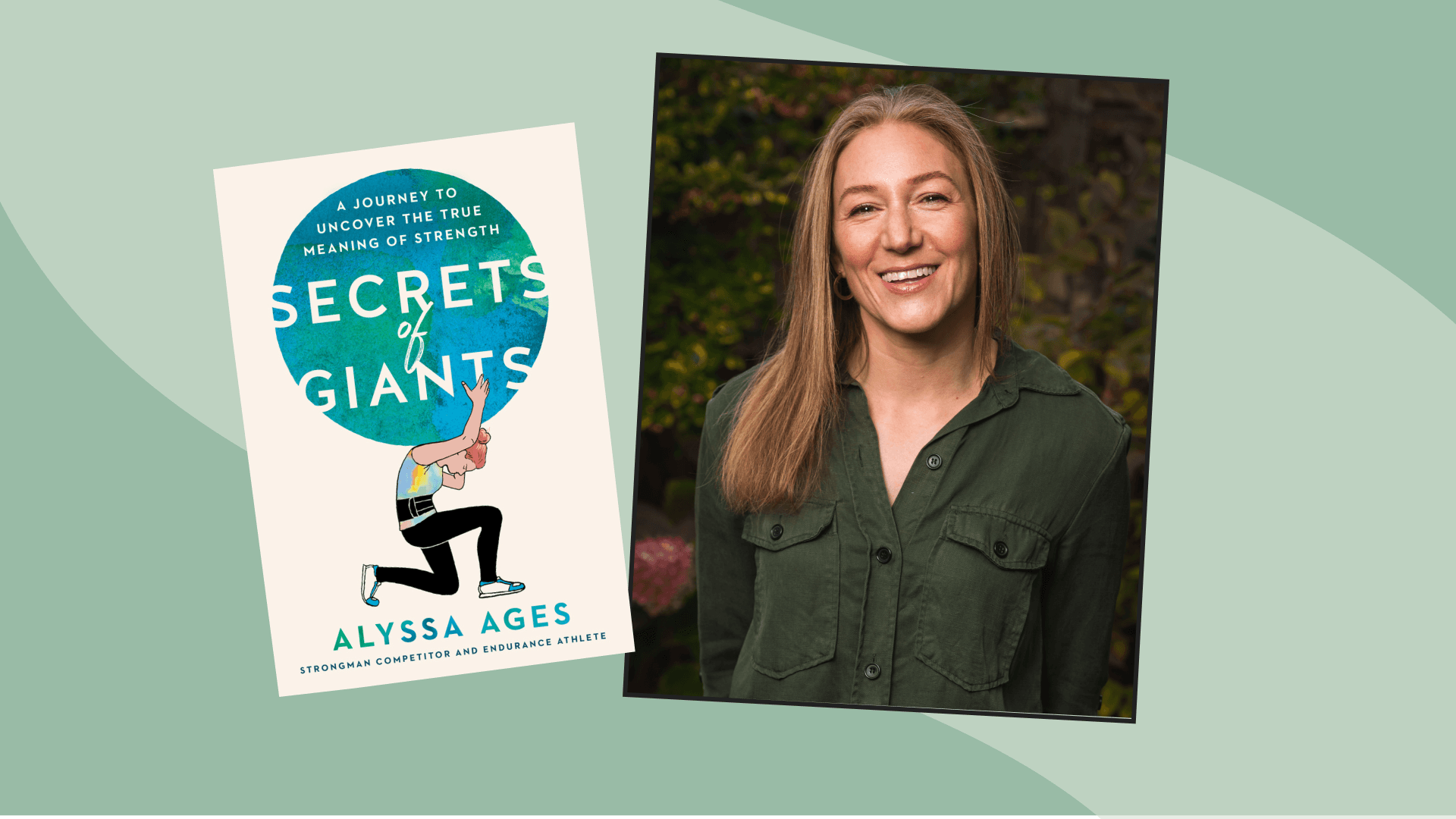
“Secrets of Giants” by Alyssa Ages
Ages offers two important lessons: First, that you don’t have to be a natural born athlete to start lifting weights, and second, that some of the strongest people (we’re talking about those pulling semi trucks and flipping tires) are also often the most vulnerable. To be clear, this isn’t a how-to book on weight lifting. Rather, it’s about all the things you gain from lifting heavy things that have nothing to do with strong muscles, and how weight lifting can build resilience in other areas of your life. Ages learned this firsthand following a miscarriage that left her feeling weaker both physically and emotionally. Lifting — and figuring out why she loved it so much — helped her crawl out of a dark place and feel strong again, and it just might have that same impact on you.
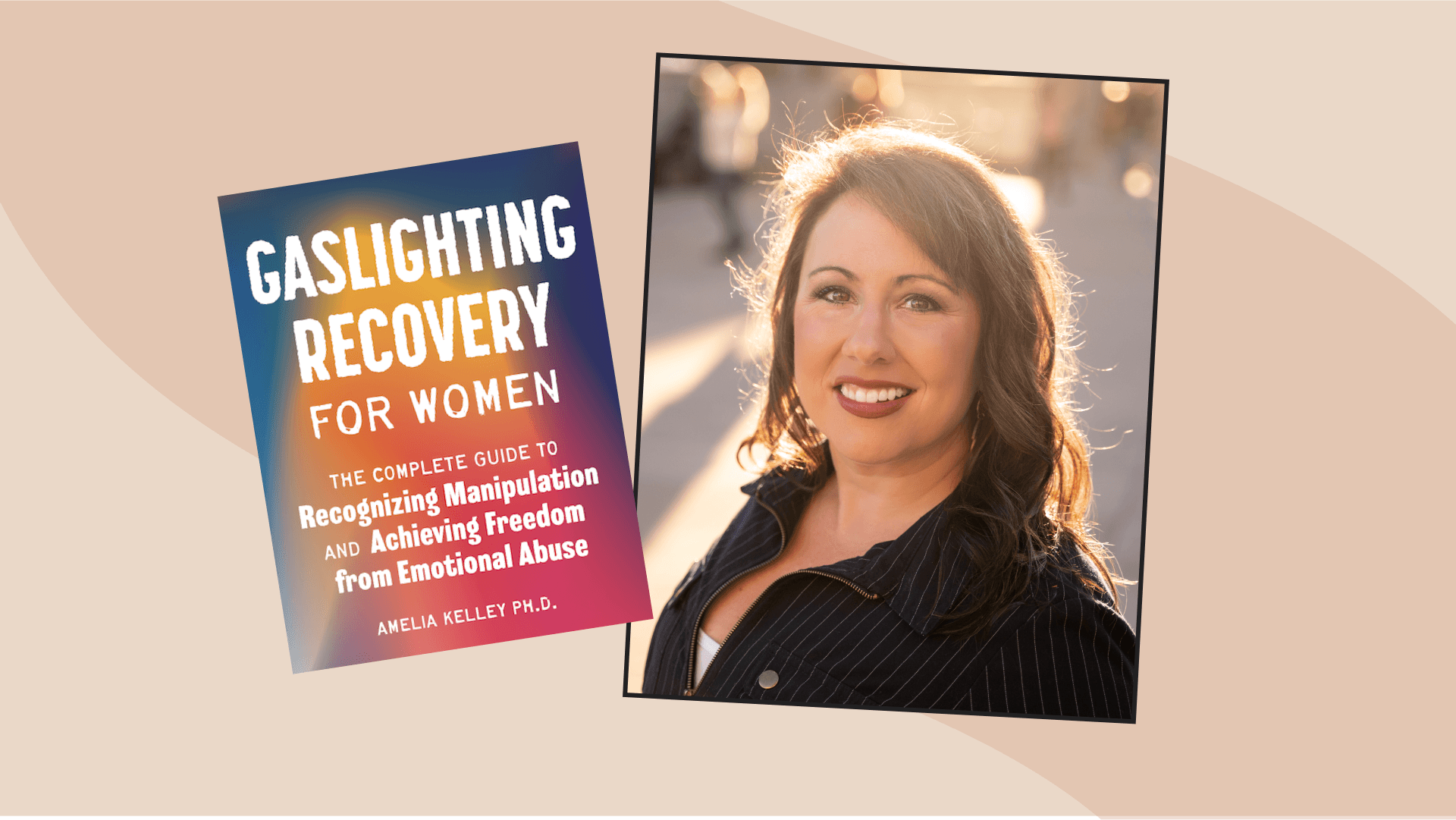
"Gaslighting Recovery for Women" by Amelia Kelley, PhD
You’ve probably heard the term gaslighting before. (ICYMI, it was Merriam-Webster’s 2022 Word of the Year). But do you know how to recognize if it’s happening to you? If you need a refresher and some anti-gaslighting tools, add this book to your cart. Not only will you learn the exact behaviors of a gaslighter to help you spot them in the act — whether that’s a partner, friend, family member, or doctor — you’ll also gain the tools to heal from it. Plus, the book offers real examples of gaslighting to illustrate that you’re not alone, and it comes with exercises to help you start to unpack and understand trauma. While it serves as an excellent resource for anyone who has experienced or is currently experiencing abuse, it’s truly for every woman, says the author, Amelia Kelley. “The more you know, the more you're able to protect yourself,” she adds.
If you or someone you know is experiencing domestic violence, contact the National Domestic Violence Hotline by calling 1-800-799-SAFE (7233), visiting www.thehotline.org. or texting START to 88788.

"Unbottled Potential" by Amanda Kuda
Choosing to be sober can seem black-and-white. Either you have a problem with alcohol or you don’t. But this book explores the messy gray area for the sober-curious, allowing you to reconsider the narrative of why someone chooses to step away from alcohol. Kuda writes that what’s often considered a “cure-all for emotional strife and social anxiety” may actually be keeping you “stuck in a cycle of mediocrity.” And while drinking may feel like it brings out your most fun qualities and dulls your worst, it could actually be doing the opposite — while also impacting your mental and physical health. While reading, you’ll feel inspired and maybe even a little called out.
Subscribe to Skimm Well
Sign up here to receive our wellness newsletter filled with actionable advice, expert-vetted content, product recs, and more — delivered directly to your inbox.




